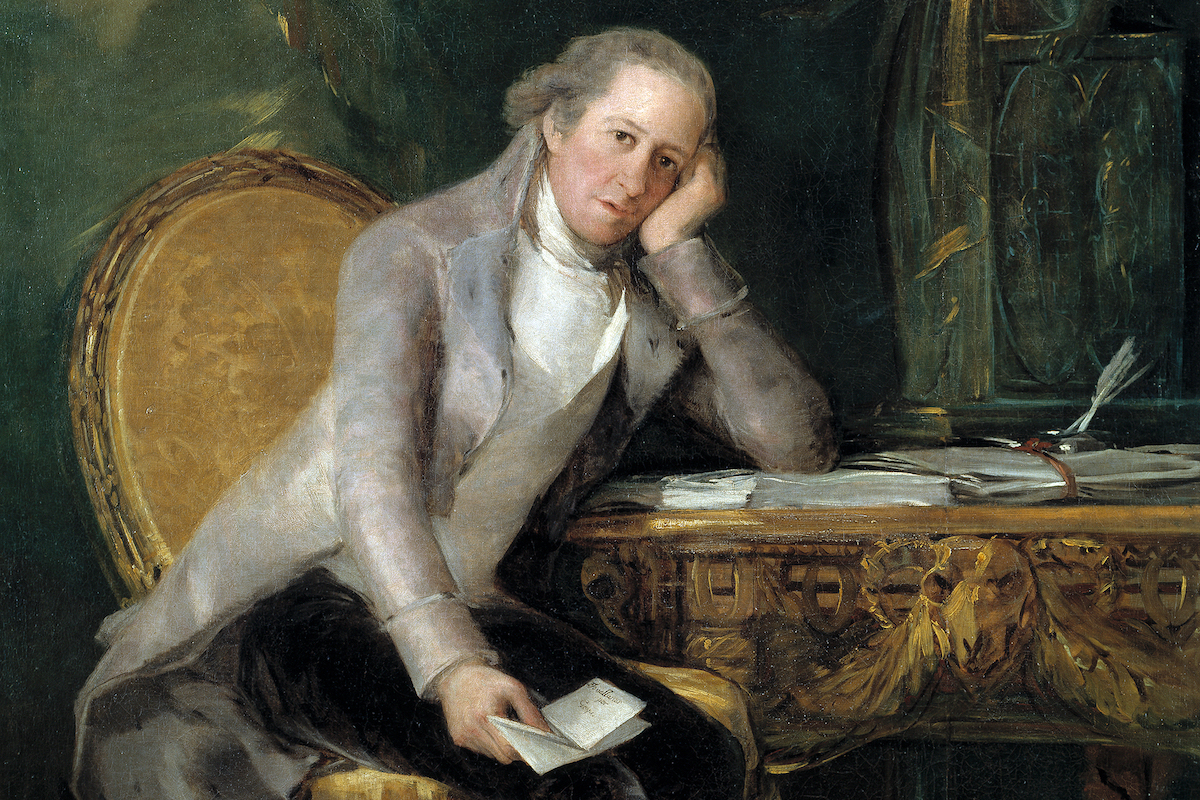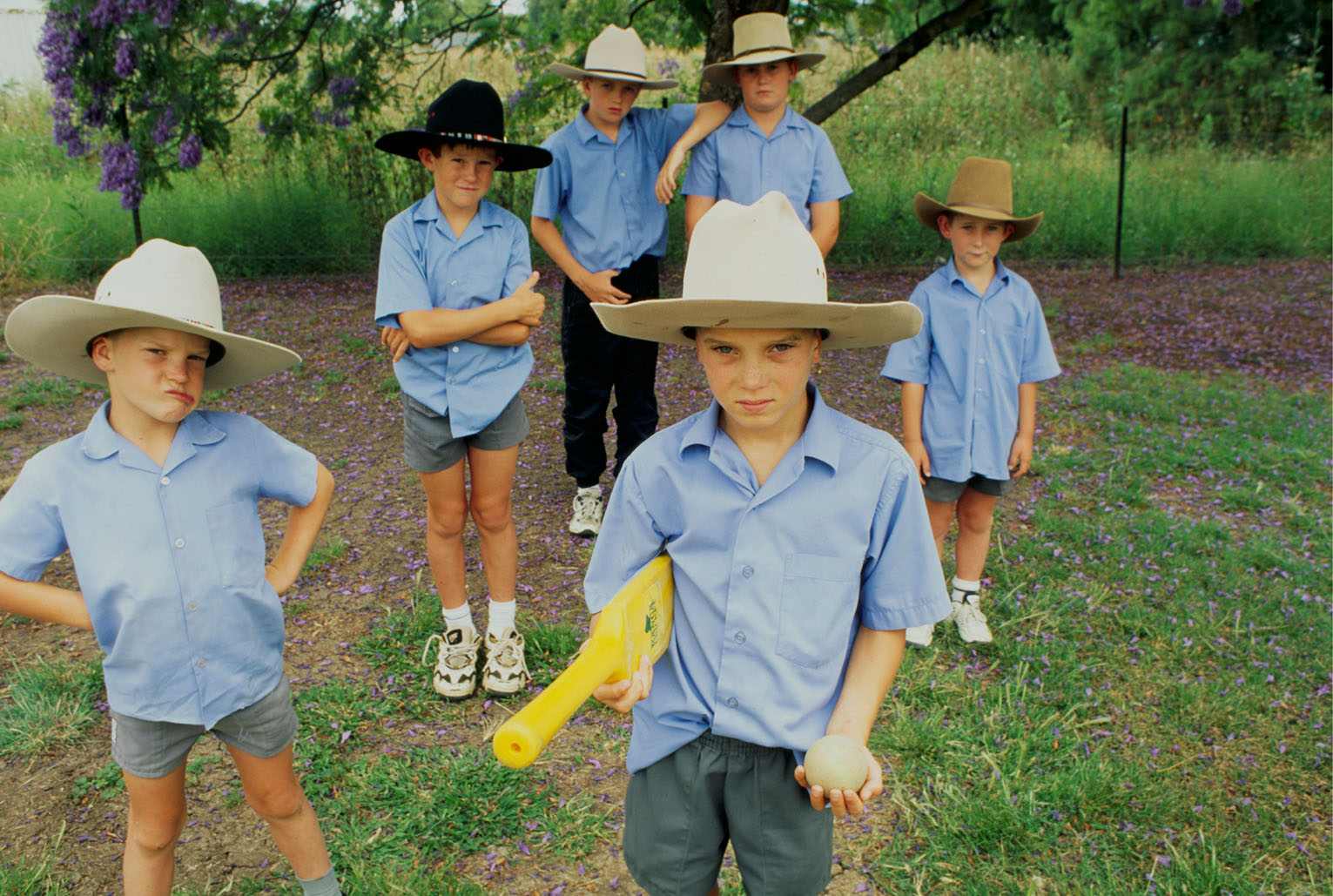Education
In Defence of the Humanities
Scholars in the humanities are the bearers of the memory of civilisation, and their role in our society is indispensable.

The Australian government’s recent decision to cut funding for university courses in the arts and humanities was greeted with rapturous delight by many commentators I respect. In addition to encouraging students to pursue “job-friendly” subjects such as STEM and nursing, the move was interpreted as a flip-off to the branch of higher education notorious for placing left-wing indoctrination ahead of scholarship.
As much as I agree with the latter point, I cannot bring myself to join the celebrations. To the contrary, I find the Australian government’s decision highly unfortunate. That is because I firmly believe that a degree in the humanities is the finest start in life a young person can get. Or, to be more precise, I firmly believe that a degree in the humanities in its pre-1990s form is the finest start in life a young person can get. So, while I don’t wish to defend what the humanities have become, I still think it’s important to defend what the humanities ought to be.
I have a humanities degree in one of the most abstract, theoretical disciplines available: philology. Many people don’t even know what philology is—my colleagues in the City thought I collected postage stamps (that’s philately). Philology—translated as “love of words” from the Greek—is a discipline comprised of comparative linguistics, literary theory, and literary history. So, what did I actually study? I studied the finest works of imaginative fiction created in the past three millennia. Homer was my first assignment and JM Coetzee was my last. I also studied the great vowel shift, translated passages from Beowulf into old high German, and debated Nietzsche’s influence on Sartre. The title of my dissertation was “Linguopoetic Complexity of Shakespeare’s Coriolanus and the Transfer of its Semantic and Metasemiotic Value in Russian Translation.”
The course was intense. According to departmental statistics, my fellow students and I had to read an average of 400 pages a day. That’s 400 pages of immensely complex text. And the standards were uncompromising. In my first tutorial on the late romantics, I was asked to discuss the clash of harmony and dissonance in the novellas of ETA Hoffmann. I began to summarise their plots and thought I was doing well until my professor stood up. “May I remind you,” he said slowly, a shadow of contempt on his patrician face, “that this is a philology course, not a book club.”
So, what “skills” did I learn? Well, I can interpret, analyse, and evaluate the works of imaginative fiction. Such is my training that I can tell if a text is any good by reading the first few lines. I have profound respect for language and I recognise it for the precise and rigorous system that it is. I insist on using it correctly. If I had the talent, I could have been a literary translator. Since I don’t, I am not—but I am good at assessing the quality of literary translations and spotting discrepancies between the original and target texts.
Did my education help me get a job? Not directly. Outside the narrow field of academia, philology has very little “practical application.” But then education is not about acquiring practical skills—and this is a point I cannot emphasise enough. Skills are what you acquire in the first six months on a job. When I started working in the financial sector, I had to learn a few formulas in order to value a company. Then I went to business school and learned a few more. That was enough. Granted, I had a harder time than the engineering and economics grads, but I got there in the end. Was I worse at my job than my STEM colleagues? Not in the long run. In the long run, we were all as average as each other.
At my last firm, about a quarter of the graduate intake happened to be PPE and Classics students. The justification for hiring them was their alleged “soft skills”—these guys were supposed to be collaborative, communicative, and empathetic. In reality, most of them were reclusive introverts keen to go home as soon as they finished the job. And can you blame them? Having just spent three years in a place where high minds met to contemplate matters of life, death, fate, and existence, they were now catapulted into a pothole of income statements, profit warnings, and rating downgrades. No wonder they withdrew. They did, however, add an extra dimension to corporate discourse and improve the quality of decision-making. Even with the handicap of studying a politicised modern curriculum, they were a head above everyone else in this respect and raised the firm’s intellectual bar.
Because, once again, the real purpose of education is not to acquire skills. It is to develop the mind. Fill it with knowledge, yes—but also charge it with fire, like a torch, so that, long after we have left the student bench, the mind still gleams and glares and throws a challenge to the maddening mysteries of the world. So what did a world-class degree in humanities really give me? It gave me a front row seat to the extraordinary spectacle of the evolution of human spirit. It exposed me to beauty, meaning, and perfect form. Every day, for five years, I descended into mankind’s formidable past and confronted matters of metaphysical significance. I wrote myself into the great books that I read, and, like Proteus, I lived a thousand different lives. This experience had a purging effect. The veil over the world had lifted somewhat. I may have discovered happiness. Occasionally, I brushed the transcendental. How dare anyone reduce this experience to “skills”? How foolish would that be?

As the Latin root suggests, the Russian word “Intelligentsia” implies intellectual prowess and erudition, and this is how it is usually understood and used in English. But in the original Russian, membership of “intelligentsia” also requires decency, dignity, and honour. “Intelligentsia” is the modest hero who risks her life with a smile; the non-conformist who speaks the truth at his peril; the friend who never betrays. “Intelligentsia” were my philology professors. Among the finest minds of their generation, they had an endless fascination with the human being, and with the intricacies and subjectivities of human psyche. Never inclined to hover righteously above the rest, they were tolerant of all backgrounds and circumstances, and they admired talent.
The only thing they resolutely, categorically did not tolerate was ignorance. But then ignorance is not a circumstance, it is a choice. Whether my professors became “intelligentsia” as a result of studying humanities, or were drawn to the humanities because they already possessed those traits, I do not know. What I do know is that, one way or another, the humanities had a lot to do with it.
One possible outcome of the Australian government’s decision to cut funding for the arts and humanities is that it forces the discipline to abandon its commitment to postmodern nonsense and return to its classic form. Such an outcome would certainly be highly desirable. My own student days fell on the final years of the humanities’ golden age, which means that I studied my subject properly. As a philologist, I was trained to approach a text as something that was written in its age, for the people of that age, and which contained the truth of life pertaining to that age. I could not reasonably expect a 19th-century author to have 21st-century sensibilities.
I studied critical theory, too, and I found it to be the least demanding part of the course. To its proponents, I will say only that it is extremely easy to analyse a text when you are handed a template. For example, if you set your mind to finding instances of male oppression in the collected works of William Shakespeare, Romeo quickly becomes a reckless example of machismo, and Juliet a victim of sexual objectification. However, it is much harder to analyse a text without an ideological compass, relying solely on the merits of language and imagery. My education has taught me to do this. The education of many of those who followed me, regrettably, has not.
“Education teaches us how to use our freedom.” I heard this line in a Louis Malle film the other day, and it struck a chord. It does not apply to the disciples of critical theory, however, so it’s no surprise that they cannot get a job. That is their problem, of course. A bigger problem, however, is that critical theory grads skew the picture for all humanities students, and may cause others to shun the discipline because of the perceived lack of employment prospects. I don’t think that employment prospects for the humanities are quite that bad. While the data on the subject is inconclusive, anecdotal evidence is encouraging. The young people I know with traditional humanities degrees are all gainfully employed. The three alumnae of my business school who currently serve as FTSE 100 chief executives are all humanities grads. My own career, although perfectly average, allowed me to stop working full-time in my early 40s—so, as a humanities grad in business, I did okay.
Another possible outcome of the Australian government’s move is that, put off by the rising cost of tuition and perceived lack of career prospects, university students flee the humanities altogether. This would lead to a permanent decline of the discipline, and this would be a very bad outcome indeed. I am all in favour of STEM and vocational training, and I recognise that, in some professions, such training is essential. When I cross a bridge, I hope that it was built by a qualified engineer; when I prepare my taxes, I hope that the accountant did time with the big four. I am also fully aware that I owe scientists the constantly and spectacularly improving quality of my life.
Nevertheless, a world populated with only STEM graduates and vocational training, a world of hard data and empirical fact, a world that is rational and pragmatic, a world in which the end result rules and where we plod along to achieve it—this is a fragile and spiritually barren world indeed. Material comforts are important and we all crave them, but they are ultimately not enough. So, let’s leave engineers to build roads and bridges, scientists to discover the laws of nature—but let’s preserve the humanities, too, as someone needs to explore the human spirit. Without the humanities, who will make sense of the fuss and fumble that are our lives? Who will explain the evil of which we are capable and also the good? Who will reconcile the divine spark that we all carry with the drudgery of our daily routine? To whose work will we turn for consolation the day we surrender our delusions of immortality and accept that life is just a sequence of births and deaths?
Scholars in the humanities are the bearers of the memory of civilisation, and their role in our society is indispensable. We cannot allow the humanities to die out. A world without the humanities is a world without “intelligentsia,” and it is not a world in which most people will want to live.






